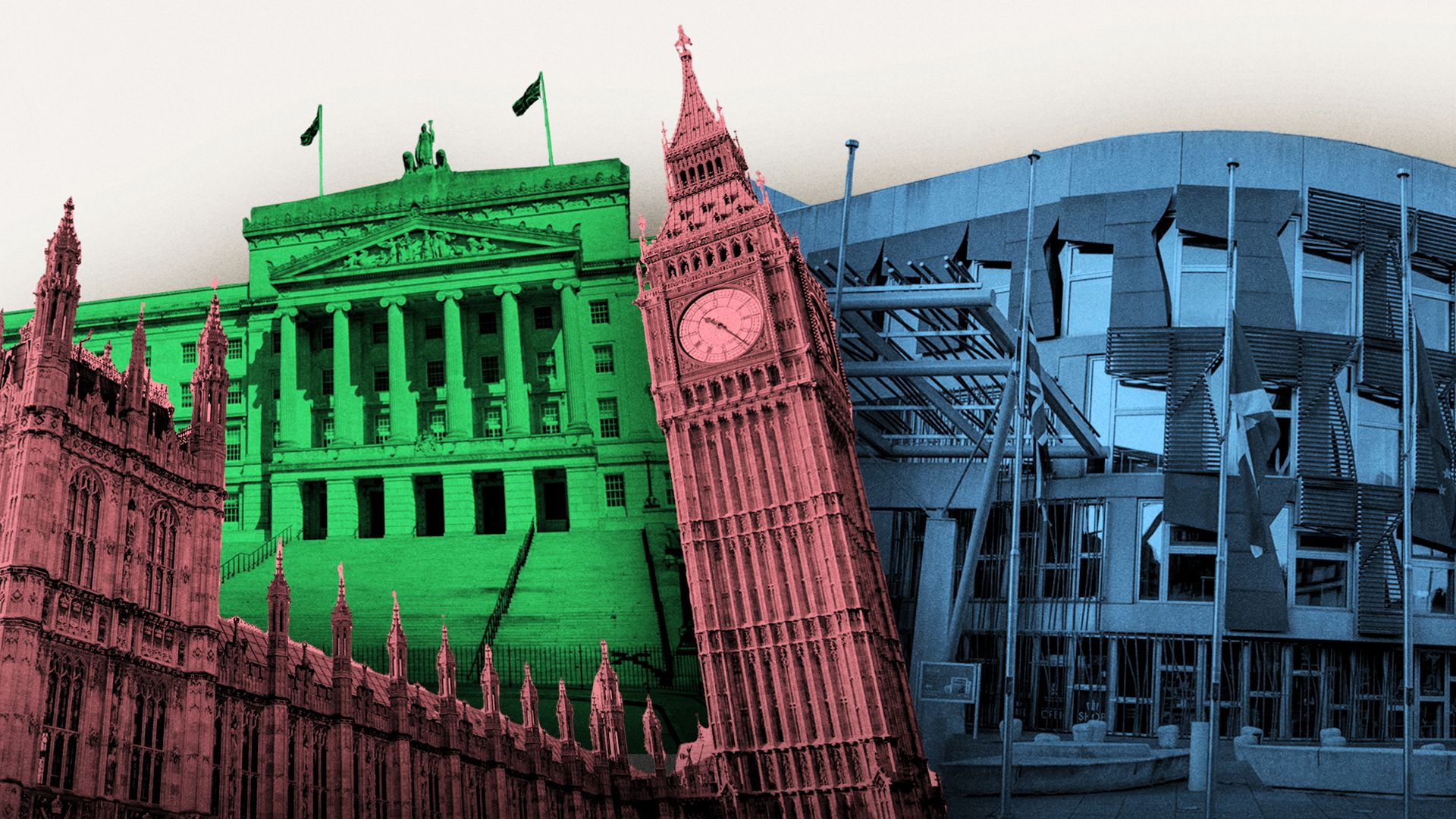
Former President Donald Trump and Vice President Kamala Harris have proposed ending taxes on tips, but Maine service industry members and experts warn the idea is not as straightforward as it looks.
Trump first proposed the policy at a June rally in Las Vegas, and Harris followed him by pitching it along with a higher minimum wage at an August rally in the same city with a sizable tipped worker population in the swing state of Nevada. Implementing such a change could resonate in Maine, given the importance of tourism and hospitality to its economy.
Yet economists from different sides of the political spectrum as well as restaurant owners note that the policy could hurt the roughly 4 million workers — or nearly 3 percent of the U.S. workforce — it is meant to help. In Maine, it could reopen debate about the tipped minimum wage that was phased out in a 2016 minimum wage referendum but later restored.
The federal minimum wage for tipped workers is $2.13 an hour, with employers required to make up the difference if tips do not bring staff to at least $7.25 an hour. Maine has far higher standards at a $7.08 tipped wage and a statewide minimum of $14.15 per hour.
Those differences between federal and state minimums could create unintended problems for the restaurant industry unless states move quickly to conform. The right-leaning Employment Policies Institute has noted that states replacing a tipped-wage system with higher minimum wages — a plan backed by culinary unions — see decreased tips alongside increased costs for customers and businesses.
“It’s almost a roundabout way of Trump and his campaign not knowing that they are actually advancing the union groups’ talking points on abolishing the tipped minimum wage,” Posik said.
James Myall, an analyst with the liberal Maine Center for Economic Policy, agreed with Posik that state lawmakers could adjust Maine laws to conform with no federal taxes on tips in order to avoid negative consequences for workers, but he pushed back on conservative talking points by noting different minimum wage studies have not reached consensus.
Myall also said Maine could better help service and hospitality workers by boosting the Earned Income Tax Credit and Child Tax Credit, and in light of several congressional Republicans introducing legislation to back Trump’s pledge, he alluded to how a third of the nation’s tipped workers already do not make enough to pay any income taxes.
In any case, “we don’t want to be out of step with neighboring states” if federal rules change, Myall said.
Leisure and hospitality workers in Maine made an average of $22.71 per hour in June, or around $47,000 annually, according to federal economic data. Nationally, the median income for wait staff is about $32,000 a year, or $15.36 an hour, per the U.S. Bureau of Labor Statistics.
Kim Wynne, a server and bartender from Maine who has worked in the industry for more than 40 years, said she would feel “shocked” if either candidate’s idea became reality, given the cost in lost tax revenue. She preferred lower tax rates.
“The only way I could remotely see this happening is if they taxed the servers to the full minimum wage,” Wynne said. “Even then, they are losing millions.”
Trump’s initial stand has been embraced by some Maine politicians. Notably, state Rep. Austin Theriault, the Republican nominee in Maine’s 2nd Congressional District who was endorsed by the former president during his June primary, said he backs it alongside other Trump goals.
He is facing U.S. Rep. Jared Golden, a Democrat who was in the Maine House of Representatives when he opposed the 2017 bill to restore the tip credit. In Congress, he supported stalled legislation to raise the federal hourly minimum wage to $15.
Broader minimum wage debates have not ended. The Portland City Council is voting Monday on whether to send a referendum to voters this November that would bring all workers in Maine’s largest city to a minimum $20 hourly wage by 2028 from the current $15 minimum wage and $7.50 rate for tipped employees.
Regarding the national proposals from both Trump and Harris, HospitalityMaine, the state industry group for restaurants and hotels, said in a statement it “appreciate[s] the idea of eliminating taxes on tips continues to keep restaurants and tipped servers in conversations happening in Washington and around the election.”
But Dan Beck, general manager of Moody’s Diner in Waldoboro, called the no taxes on tips plan a “bad idea” that rewards servers who tend to make the most in a restaurant and overlooks lower-paid cooks and prep people. Servers rarely report cash tips for tax purposes, so those people already get an effective break, Beck said.
“If politicians want to help a restaurant worker, they should choose not to tax back of the house wages,” Beck said. “These are the employees we are desperate to hire.”









